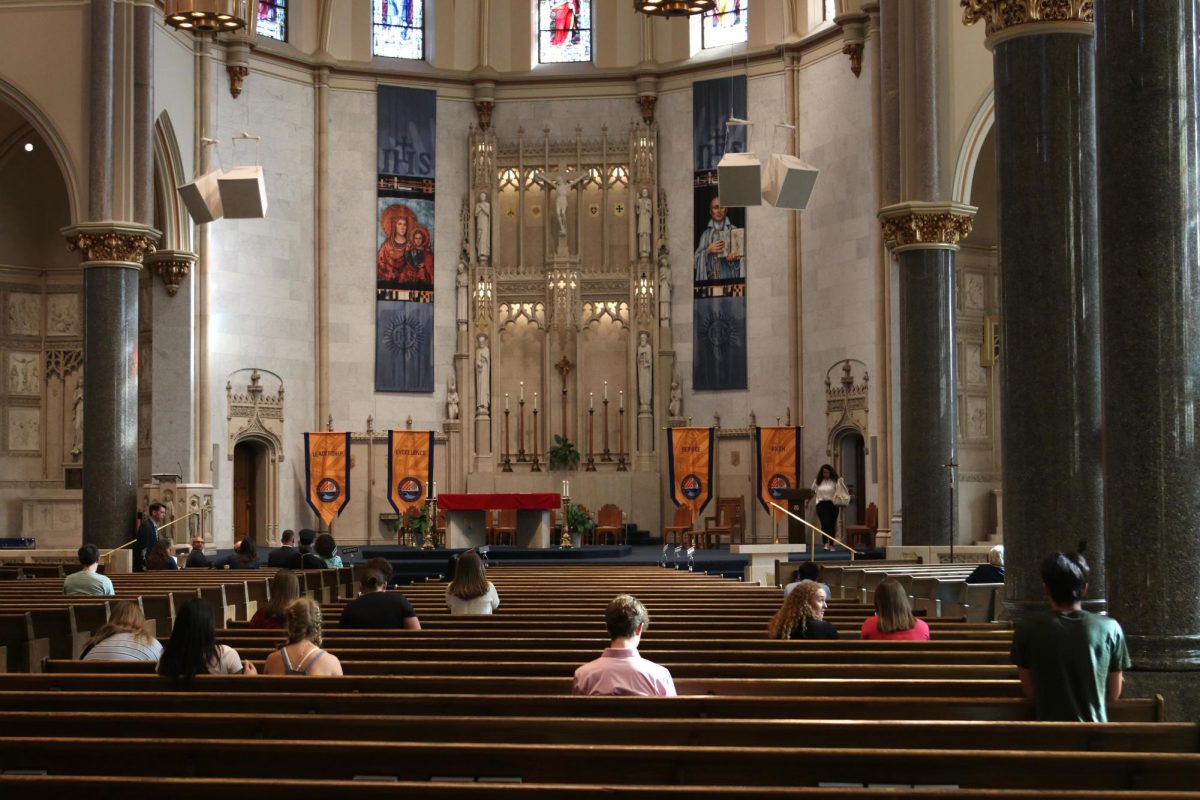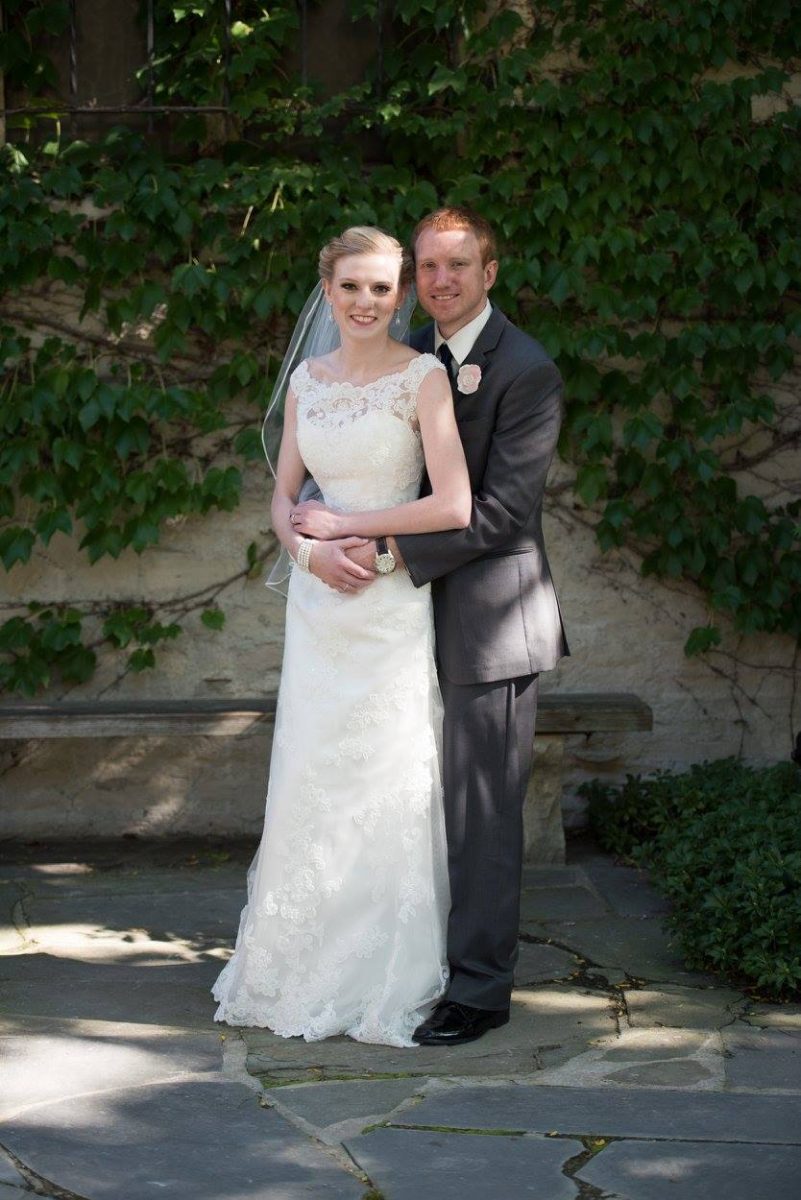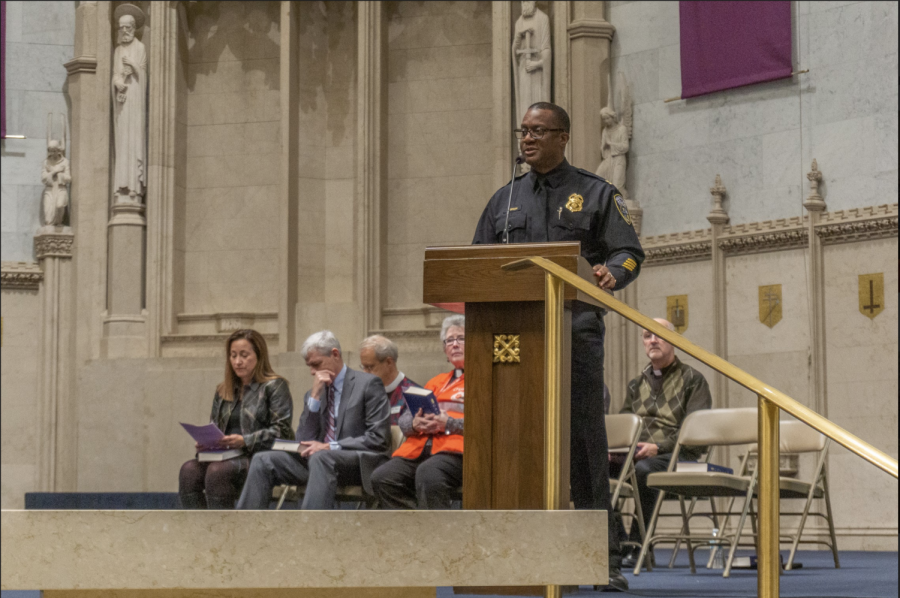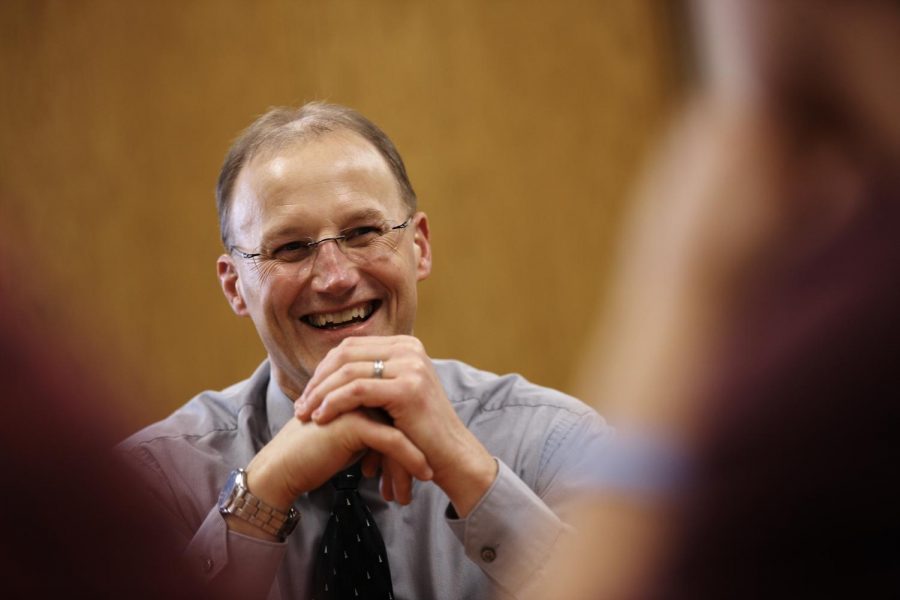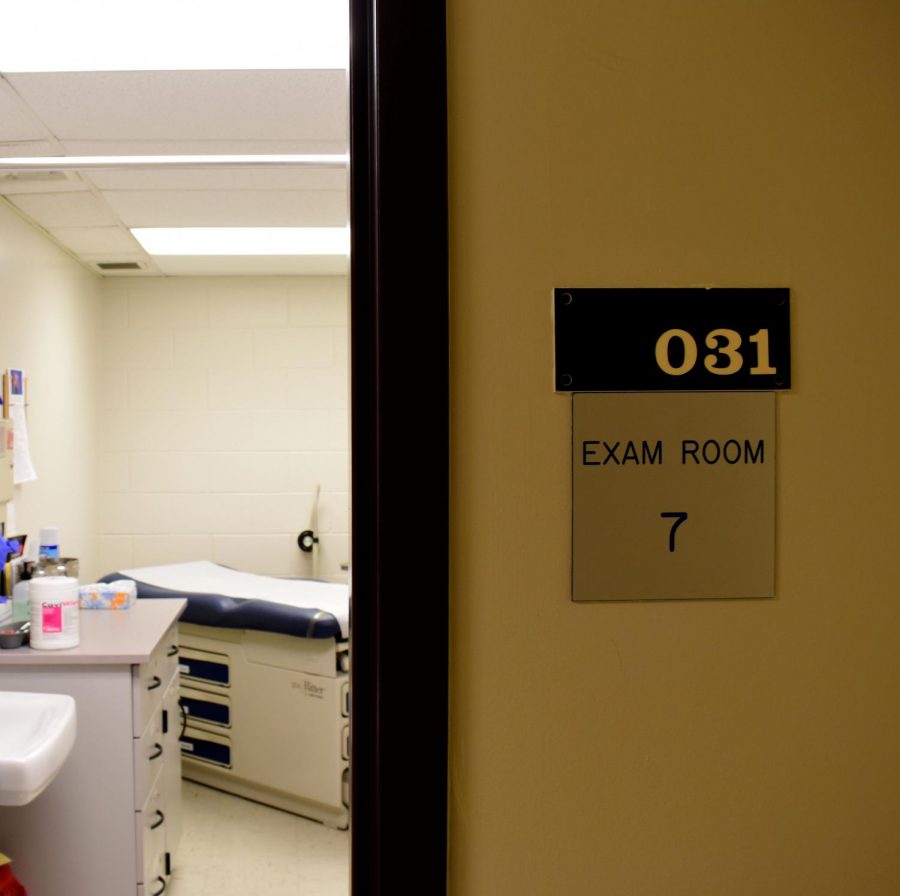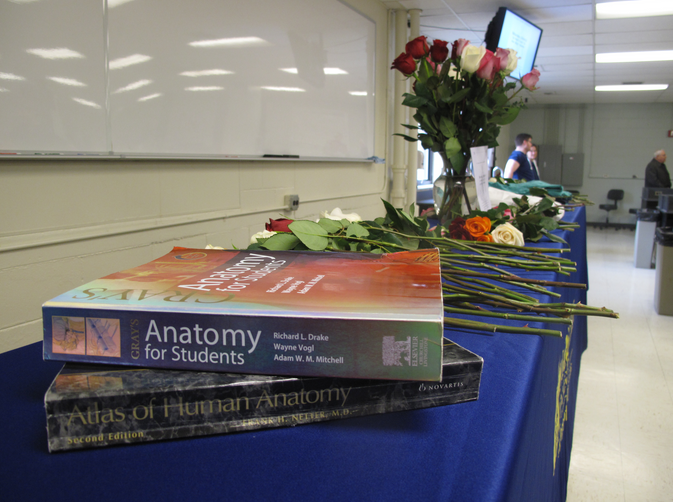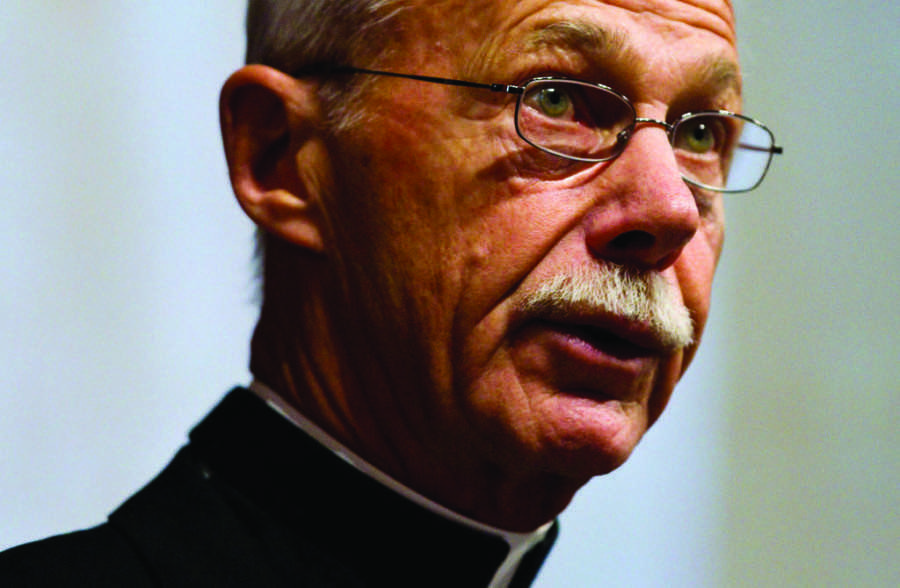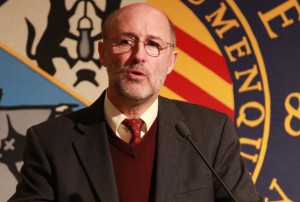
The 14th annual Mission Week, “The Art and Practice of Forgiveness,” started Sunday morning with a mass at the Church of the Gesu presented by the Rev. Doug Leonhardt, associate vice president of the Office Mission & Ministry.
For Leonhardt, forgiveness is relevant to the Marquette community – especially after the resignations of key campus leaders, including the president, executive vice president, Department of Public Safety chief and athletic director.
“In times of transition like Marquette is experiencing this year and the uncertainty it causes, it is easier to blame rather than forgive,” Leonhardt said in an email.
The week runs from Feb. 2 to 7 and includes book discussions, Soup with Substance talks, a keynote speech and lectures featuring prominent religious figures.
Any student can attend, regardless of their religious background.
“Forgiveness is a common concern in all world religions and the reflection on this can draw on what is common in all of the faith traditions present in the Marquette community,” Leonhardt said.
Stephanie Russell, vice president of the Office of Mission & Ministry, said this year’s Mission Week uses a different approach and one she wants the university to build upon in the future.
“We are digging deeper on a single topic this year by examining forgiveness from many points of view,” Russell said in an email.
In addition, Pope Francis’ sermons heavily emphasize performing forgiveness, love and mercy as a Catholic individual.
“(Pope Francis) has said, again and again, that the joy of God is to forgive,” Russell said. “This year’s theme was chosen because our world is deeply in need of people who can exercise forgiveness – personally, in their families and communities, and globally – and because Marquette’s mission as a Catholic university invites us into the kind of love and forgiveness that Jesus exemplified.”
Keynote speaker Immaculée Ilibagiza, a survivor of the 1994 Rwandan genocide, will deliver a speech titled “Forgiving the Unforgivable.” Russell said Marquette chose Ilibagiza because she exemplifies the process of turning grief and anger into hope.
“There are far too many people in the world whose experience has been similar to hers … they have known the anguish of poverty, political repression or other circumstances that erode human beings,” Russell said.
Ilibagiza will present her speech today at 4 p.m. in the Alumni Memorial Union.
Nick Albin, a Jesuit novice working at the Mission & Ministry and Campus Ministry offices, said he thinks the complexity of forgiveness should not stop students from continuously pursuing it.
“(Forgiveness is) a topic that can’t be answered in one sentence; we’re always diving deeper into it,” Albin said. “There’s always more context which we can strive for.”
Both educational and spiritual elements will be present in this week’s events.
“I hope students get a greater sense of what forgiveness means and how it can be applied to daily life,” Albin said. “How it fits into the bigger picture of being someone created in the image and likeness of God.”


